Commoning is a sustainable and convivial way of producing, using and managing resources, such as shared spaces, water, food or labour…
…which evidently works locally and on a smaller scale, as illustrated by the widespread cultivation of community gardens. But which technologies and socio-technics can enable commoning on a larger-than-local scale? Will city-scale operations and respective infrastructures allow us to turn material urban resources, such as rescued food, into commons?
Scaling Material Urban Commons (SMUC) crafts imaginaries of urban futures that reconcile automation and predictive technologies with commoning- and care-based use of resources. SMUC uses speculative city-making to scale up the commoning of rescued food. It does so by prototyping a predictive algorithm-based system, dubbed Smuc.kitchen, that orchestrates the collection and drop-off of rescued food in Basel and London.
Introducing predictive technology shifts the site of commoning closer to an algorithm-driven platform and raises questions such as: What frictions emerge from changing scale in commoning? How can we reconcile automation with local, idiosyncratic food cultures? How can we practice commoning with algorithmic agents in participatory settings? How is the practice of commoning altered by scaling up? In addressing these questions, SMUC aims to create imaginaries of commoning-based smart city alternatives.
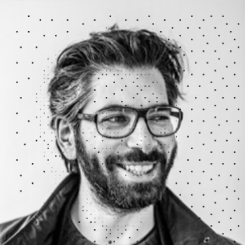
Dr Viktor Bedö — Principal Investigator
In the past four years, Dr Viktor Bedö has returned to academic research in experimental design. He is currently Visiting Professor at the FHNW Critical Media Lab and Visiting Research Fellow at the Centre for Urban and Community Research at Goldsmiths, the University of London, crafting care-based and more-than-human imaginaries of urban tech futures. In the decade prior, he created street games to situate street-level experience in city-scale urban infrastructure. He has also accumulated process and service design expertise during ten years of client work and teaching.
His research practice is concerned with making- and fiction-based design methods invested in the imagining of urban futures. More specifically, exposing friction between city-scale infrastructure and idiosyncratic, situated street-level experience, probing the shift from human-centred to more-than-human design methods, and critically conceptualising scale domains in scaling-up urban processes.

Ozan Güngör — Research Assistant
Ozan Güngör is a designer based in Basel, where he currently studies at the Masterstudio Experimental Design of FHNW Academy of Art and Design. He previously studied Interior Design and Architectural Restoration in Istanbul and Bologna. His personal work focuses on the perception of / interaction with spaces both in physical and digital realms.
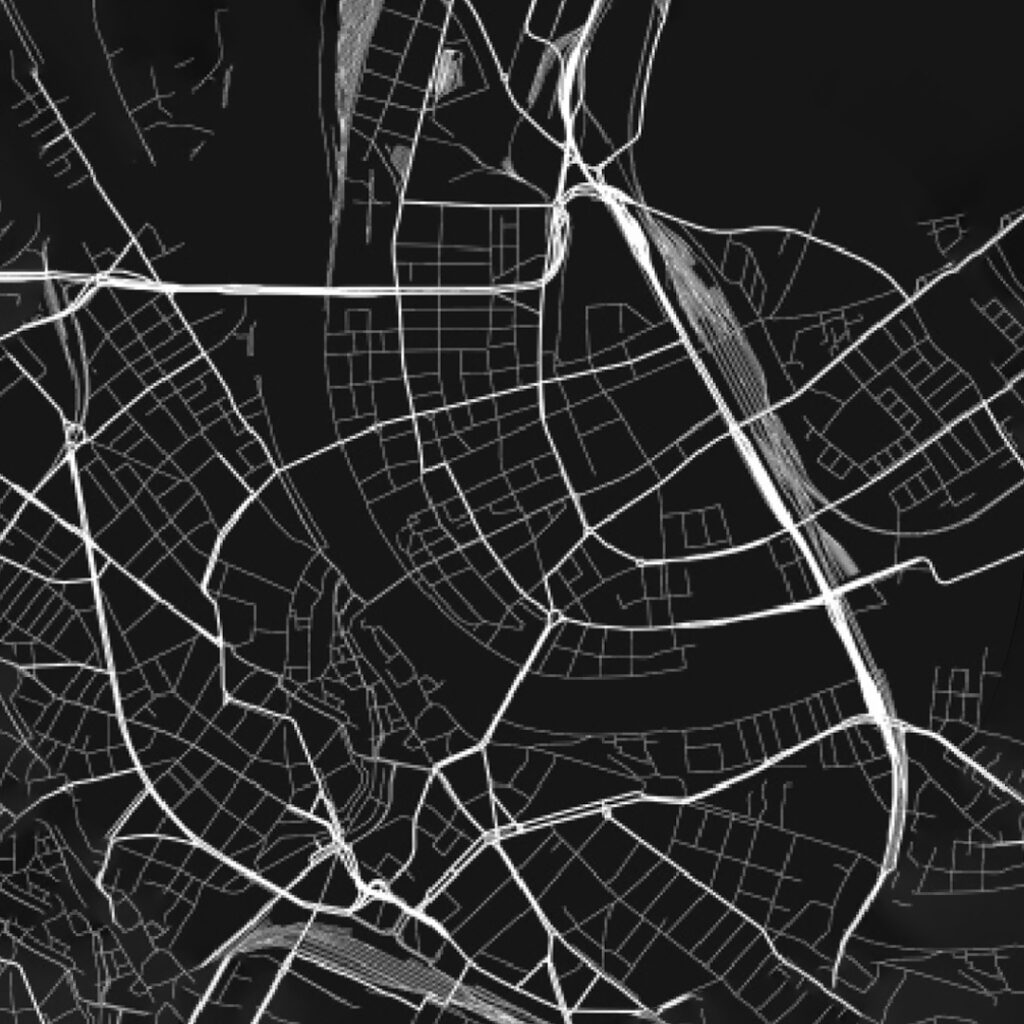
Yann Patrick Martins — Creative Developer
Yann P. Martins is a coder and artist currently working at the IXDM. He is developing agent-based models for the project Thinking Toys for Commoning, Self Organizing Maps for the Architectonic Radio Explorations and also working on his PhD dissertation that looks at how capitalist mode of production and machine learning are re-enacting forms of inequity and discrimination. He also has started a teaching program at the Critical Media Lab that links technological education and cooking practices.
Prof. Dr. Claudia Mareis
Prof. Les Back
Director of Centre for Urban and Community Research, Goldsmiths, University of London
Dr. Jaz Choi
Directtor of Care-full Design Lab, RMIT
Dr. Martijn de Waal
Director Civic Interaction Design, Amsterdam University of Applied Sciences
SMUC is located at the Critical Media Lab, a laboratory at the Institute of Experimental Design and Media Cultures in the University of Applied Sciences and Arts Northwestern Switzerland.
The Centre for Urban and Community Research (CUCR) in Goldsmiths, University of London, hosts London-based activities.
Art direction and design: Arianna Smaron
Coding and animation: Timo Rick
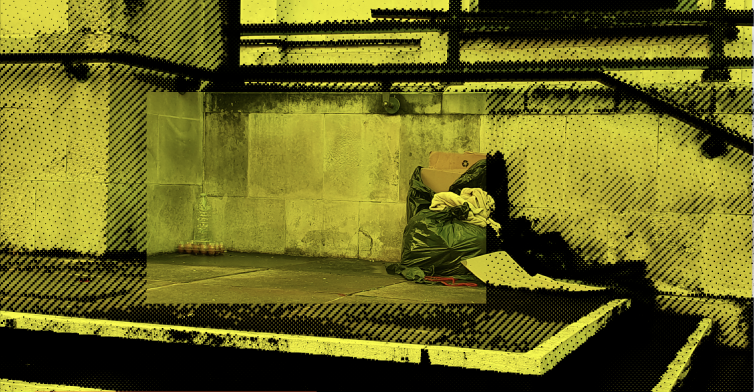
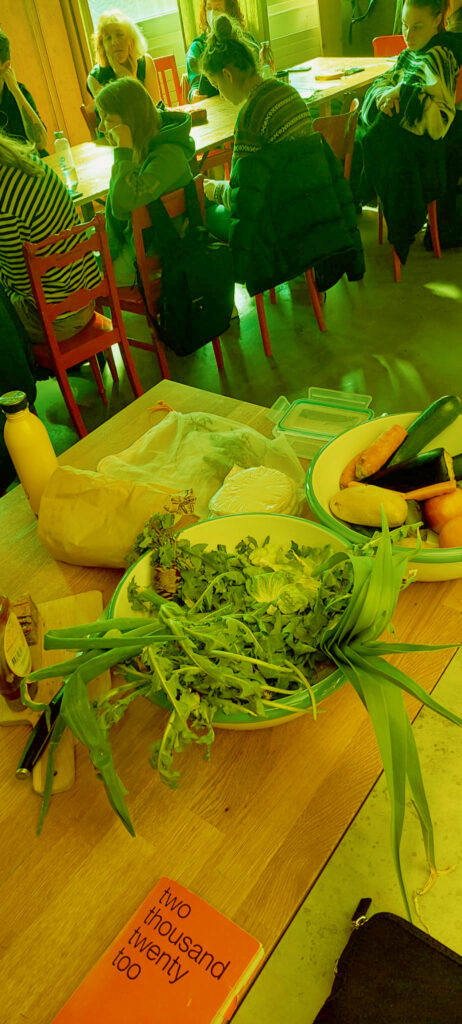
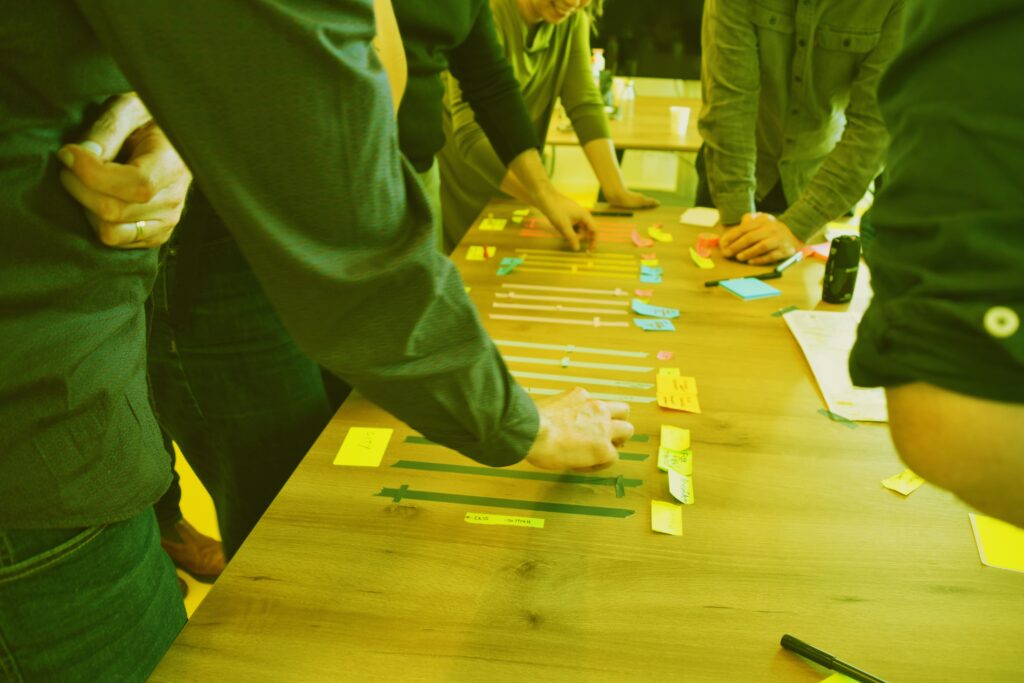
Contact
Academy of Art and Design
Institute Experimental Design and Media Cultures (IXDM)
Freilager-Platz 1
CH-4002 Basel
mail@smuc.kitchen
About SMUC
Scaling Material Urban Commons (SMUC) crafts imaginaries of urban futures that reconcile automation and predictive technologies with commoning- and care-based use of resources. SMUC uses speculative city-making to scale up the commoning of rescued food. It does so by prototyping a predictive algorithm-based system, dubbed Smuc.kitchen, that orchestrates the collection and drop-off of rescued food in Basel and London.
